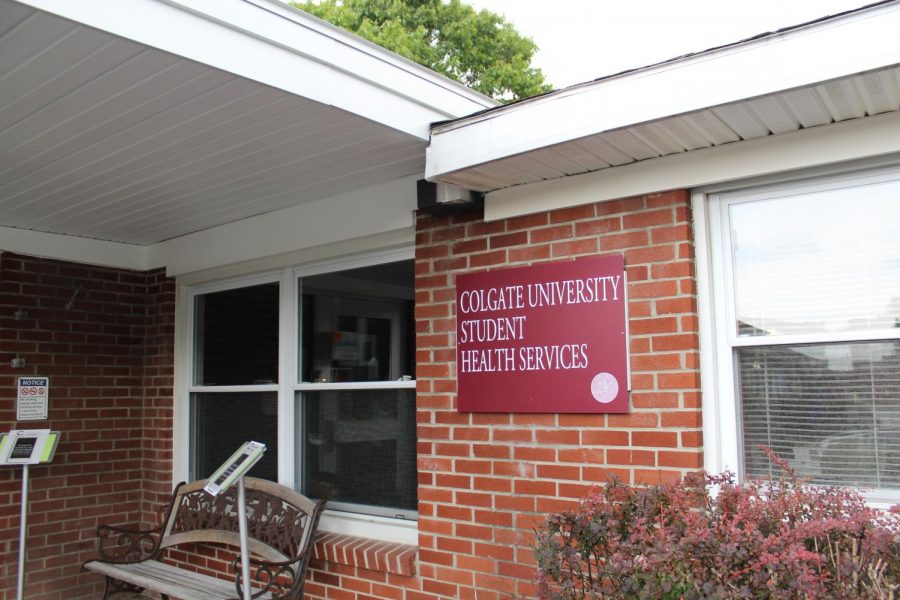The Need for Medication Abortion Access on Campus
The Colgate University Collective (CU Collective), a new, student-founded organization of over 60 members, advocates for Colgate Student Health Services to offer medication abortions. It’s important that we begin to increase visibility for a cause that concerns the entire Colgate community.
To further my understanding of this new student-led initiative, I interviewed senior Abby Zimmerman, President of Colgate Planned Parenthood and leader of the CU Collective. Zimmerman, a women’s studies major, described the motives for launching the Collective: “CU Collective is a new group. What we are going for, first and foremost, is to create a space on campus for people to come together and advocate for change. We are trying to shift power down into the hands of the students.”
Zimmerman further explained, “If a Colgate student requires an abortion, SHS refers them to a healthcare site in Binghamton, New York, which is over an hour away from campus.”
As I listened to Zimmerman, it occurred to me how burdensome SHS’s current policy is on the students of Colgate. Time, distance and transportation complicate an already emotionally wrought decision. As a student, I know how busy our schedules are, between classes, extracurriculars and schoolwork. SHS’s policy unreasonably forces Colgate students to take hours out of their day to receive what should be basic, accessible healthcare. Not only is it unreasonable, but it also shouldn’t be necessary, as we have a Student Health Center right on campus. Why do Colgate’s students need to make arrangements to travel to Binghamton to receive the care they could be getting on campus?
Zimmerman’s mission statement is a call to arms. Student Health Services are lacking in basic reproductive healthcare services and Colgate’s administration needs to be aware of this gaping shortcoming.
What is interesting about SHS’s lack of abortion healthcare is that they offer various other necessary sexual health services. A quick review of Colgate’s Student Health web page reveals the availability of STI testing, contraceptive management, pregnancy testing and even Plan B to students. The absence of abortion healthcare seems ironic, considering it goes hand-in-hand with pregnancy testing and Plan B. Additionally, it bears noting that these services are not free. Though minimal, SHS states that students must pay for testing, supplies and consultations. The aspect of paying for these services contributes to the CU Collective movement, but the more fundamental issue is abortion healthcare, or more specifically, Colgate’s lack thereof.
Zimmerman clarified that the CU Collective mission isn’t unique to Colgate. “The inspiration for the CU Collective was drawn from a similar situation at Barnard College in New York City, where students fought and won access to on-campus abortion pills,” said Zimmerman.
She added that “Hamilton College just successfully put up a vending machine for Plan B at their school.”
If other private colleges in New York provide students with medication abortion services and reproductive healthcare, Colgate should be able to do the same. Although the CU Collective is a meaningful group, I find myself wondering why we even need an organization like this to provide students with care that should easily be offered on campus.
In order to enact change, the CU Collective needs support from the Colgate community. If the administration realizes how deeply this is affecting students, I believe they will prioritize adding this necessary form of reproductive healthcare to SHS. The issue of limited access to abortion healthcare does not only exist here at Colgate; it is a shared nationwide struggle that should be at the forefront of our minds. If Colgate is as committed to the well-being of their students as they advertise, it should be the administration’s first priority to make medication abortion available on campus.





